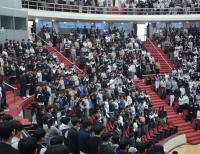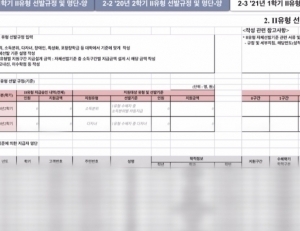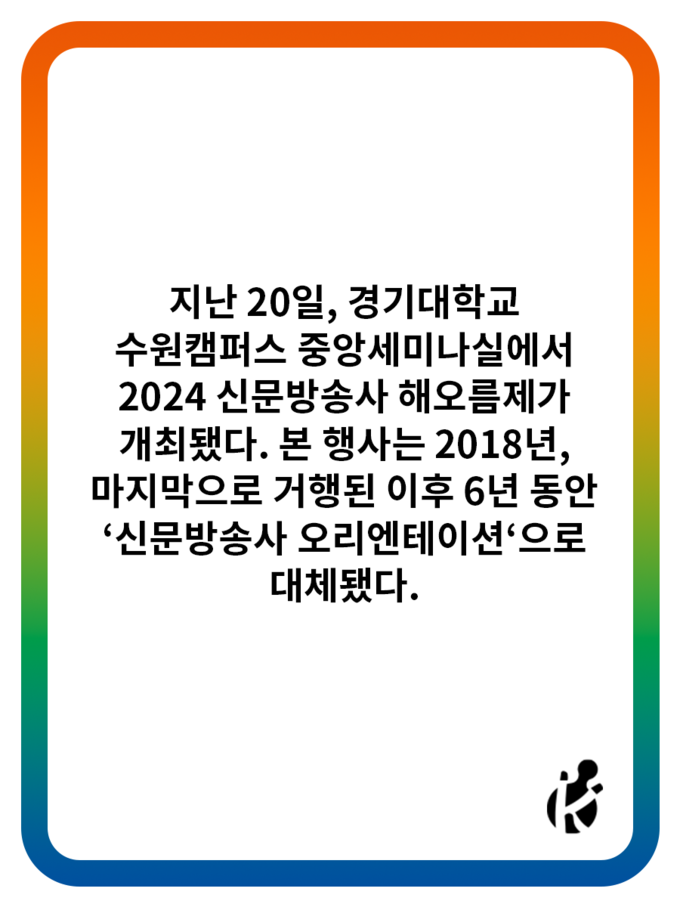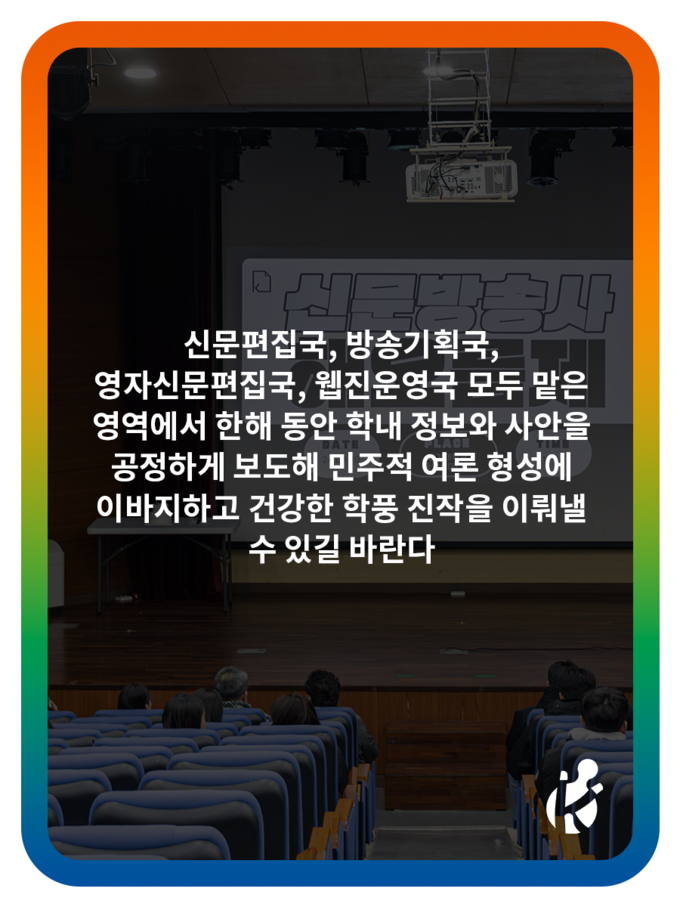For the past few years, jeonse fraud has been surfacing nationwide. Jeonse fraud means that the deposit is not returned even after the lease is terminated. The worst reality of the Korean estate market was revealed in December 2022 when the press reported that hundreds of tenants were unable to get their jeonse deposits back because of a few “villa king” landlords whoowned a large number of “kkangtong houses.” As the investigation proceeded, it was revealed that their actions were organized crimes, and some of them had already died and victims could not get their deposits back. Jeonse fraud is often targeted at young people, and crimes are committed by taking advantage of the fact that they are vulnerable to such fraudulent transactions due to a lack of financial resources and social experience. They took advantage of the hole in the system that people aged 19 to 33 could borrow up to 100 million won with government guarantees. They make a fake contract, receive a deposit under the name of the victim, and intercept it without returning it. As a result, the police have cracked down on jeonse fraud, and the damage was so enormous that the Special Act for Jeonse Fraud was implemented on June 1 of last year.
Recently, the frequency of jeonse fraud targeting young people is increasing and perpetrators are using more diverse methods. Here are the representative jeonse fraud methods and examples. First, the most common fraud involves duplicate contracts. This method hides the down payment after signing contracts with many tenants. Also, there is a case of intercepting deposits by signing a jeonse contract with two or more tenants in one house. In this case, there are multiple victims since the perpetrators sign double or triple jeonse contracts through homeowners or multiple licensed real estate agents. It is hard to avoid if the jeonse date is set at the same time, but anyone can be a victim no matter how well they examine the documents. Next is the kkangtong jeonse. Kkangtong jeonse occurs in new villas with no market price. In this case, the owner and tenant directly sign a contract, but the name is handed over to another person later or when the owner changes, a mortgage is set up, or an owner lends out the title. Next is trust fraud. There are cases that the home is registered to a trust company, which can be seen as the owner temporarily transferring the ownership to a trust company to receive more loans. Although the owner cannot sign lease contracts without the approval of the trust company, it is a jeonse fraud method where the owner signs contracts with many tenants and intercepts the money. Last, there is a new jeonse fraud method where the perpetrator counterfeits the tenant's identification card and moves their address elsewhere, and then takes out a loan on the house and steals money. As you can see, jeonse fraud is becoming more advanced.
Despite government sanctions, large-scale total fraud has recently spread to Busan. Why is jeonse fraud occurring nationwide? It is because the government's support system is focused on compensation for damages rather than preventing damage. When the large-scale jeonse fraud was revealed at the surface, the government hurriedly came up with a plan, but the plan still had loopholes. While the environment in which jeonse fraud can occur remains the same, Jeonse fraud is still occurring in public as the government focuses on compensation processing. In addition, information asymmetry, which is the main cause of jeonse fraud, has not been resolved at all. In Fe- bruary 2023, the government released a secure jeonse application, but less than 10,000 landlords have registered their information. As a result, the government has not come up with an actual plan and is only focusing on compensa- tion. Therefore, the government should establish measures to prevent indiscriminate investment to prevent jeonse fraud.
Then, is there any way to solve this fraud? The Special Act for Jeonse Fraud passed the National Assembly plenary session on May 25, 2023 and came into force on June 1. This act is expanding financial support to victims and providing procurement services for auctions and short sales. However, a total of four requirements for jeonse fraud victims must be satisfied and be determined through the jeonse fraud damage committee's deliberation. If recognized as a victim, the applicant can receive financial compensation from the government, prior purchasing rights for auction and short sales, and special exceptions for national or local taxes.
Representatively, jeonse fraud in Suwon has targeted about 900 households and the financial damage is known to be over 250 billion won, so it is a serious problem. Now, it has become a situation where we can only trust ourselves. Here are some things you should know before signing the jeonse contract.

1. Apply for Government 24 notification service
This is a government-organized service that notifies household owners, landlords, and lessors of the facts, reports, and address changes. It is also used to prevent fake resident registration and prevent fraudsters from reporting tenants to move out without notice.
2. Seoul Government's security contract service
A licensed real estate agent directly designated by Seoul inspects the safety contract instead. There are free services for single households regarding jeonse and monthly rent contract counsel, support for resident searches, house companion services, and jeonse and monthly rent information services.
3. Subscribe to jeonse guaranteed insurance
This is a system in which the lessor is responsible for returning the deposit that must be returned to the tenant after the jeonse contract has finished. If the house has a problem related to jeonse, it is impossible to subscribe to jeonse guarantee insurance, so you must request an in- surance subscription at the time of contract.
4. Check the lessor's tax default breakdown
If the owner fails to pay tax, the real estate may be sold in a short sale later and the unpaid tax may take first priority over the deposit, so the deposit may not be returned. To prevent this, you need to ask the lessor to present a tax payment receipt and check whether there has been a default. If it is difficult to request directly, it is possible to visit a nearby tax accountant civil affairs office with identification and the lease contract. At this time, it can be confirmed without the agreement of the owner.
By using these four methods and by learning about the new special law, you can reduce your risk of being a victim of jeonse fraud. In fact, despite these systems and prevention methods, jeonse fraud methods are becoming more advanced and threatening our lives. Therefore, not only the above methods but also various and specific efforts and systems by the government will be needed. Also, we need to examine everything carefully. Soon, Busan will conduct 'jeonse fraud prevention education' for fresh out of college graduates in the first half of the year. It is expected that various systems and programs will be implemented in the future to ensure the safety of residential life which is the most important in our lives.
78th Reporter • LEE HYEON SEO • zzhs00@naver.com
79th Reporter • CHO SEO YUN • jeoyum@gmail.com
- TAG
-
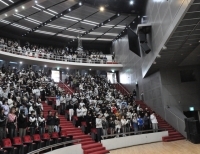 What Happened in KGU? : 수원캠퍼스 학생총회 편
On April 4th, a general meeting of students was held in the Tele-convention center at the Suwon campus. The contents were the same as the general meeting of students in the Seoul campus: the first part was for agenda announcement, the second part was about the Membership Training for whole university, and the third part was simple Q&A time. In the first part, the agendas were all the same as the ones for the Seoul campus, and the result of the ...
What Happened in KGU? : 수원캠퍼스 학생총회 편
On April 4th, a general meeting of students was held in the Tele-convention center at the Suwon campus. The contents were the same as the general meeting of students in the Seoul campus: the first part was for agenda announcement, the second part was about the Membership Training for whole university, and the third part was simple Q&A time. In the first part, the agendas were all the same as the ones for the Seoul campus, and the result of the ...

 [타 대학보 축사] 경기대신문의 1100호를 진심으로 축하드립니다
[타 대학보 축사] 경기대신문의 1100호를 진심으로 축하드립니다
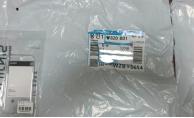 [와이파이] 큰 박스에 달랑 물건 하나, 과대포장 규제 정책 시행은 언제쯤
[와이파이] 큰 박스에 달랑 물건 하나, 과대포장 규제 정책 시행은 언제쯤
 [문화산책] 이 세계는 멋져 보이지만 모두 환상이야
[문화산책] 이 세계는 멋져 보이지만 모두 환상이야
 [네컷만화] 학생총회
[네컷만화] 학생총회

 목록
목록






